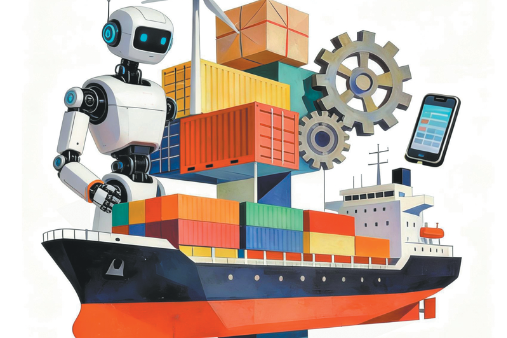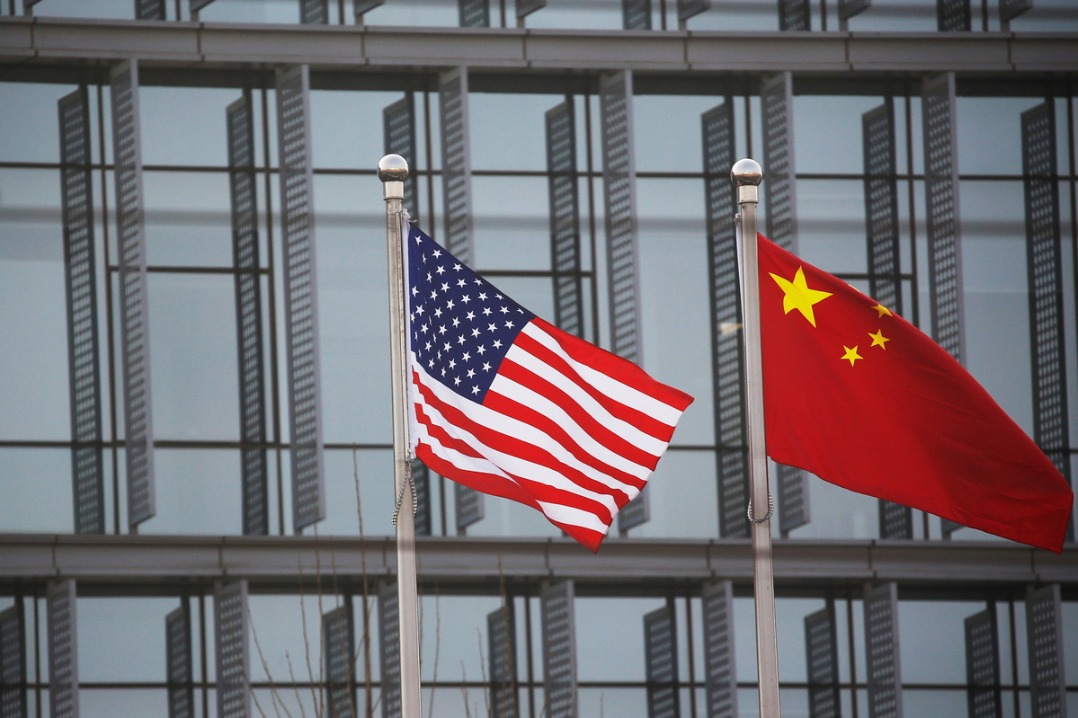China-Africa ties help realize shared future


In its 22 years, the Forum on China-Africa Cooperation has facilitated the progress of Africa in many fields including trade, economy, infrastructure development and industrialization. The FOCAC's successes can be seen in the shared benefits and the most-talked-about South-South diplomatic engagement.
According to World Bank data, China has sustained its efforts to boost Africa's industrialization process, contributing on average 12 percent to its industrial production or manufacturing as of 2017.
Between 2010 and 2019, China was the biggest employment generator in Africa, creating on average 18,600 direct jobs per year, much more than the 12,000 jobs created by the United States per year during the same period. And creating jobs is the best way of alleviating poverty and promoting the growth of African countries.
Between the years 2000 and 2012, China officially introduced 21 development finance projects in Malawi alone, with the projects ranging from a $70 million grant to build the Karonga-Chitipa Highway linking Malawi with neighboring Zambia in 2008 to the $80 million loan from the Export-Import Bank of China to build a science and technology university.
Also, two Chinese overseas development banks have invested $23 billion in infrastructure projects in Africa, according to the Center for Global Development, a US-based think tank. The figure is $8 billion more than the combined contribution of the other top eight lenders, including the World Bank, the African Development Bank, and US and European development banks.
According to Economist magazine, China is unrivaled when it comes to building big infrastructure facilities in Africa — to the extent that Chinese enterprises have redrawn the continent's transport map. Today, you can hop on a train in Lagos, Nigeria, to travel to Ibadan, the next closest city, just as you can fly into many recently upgraded airports in different parts of Africa.
In the early 1990s, American and European companies used to handle 85 percent of the construction contracts in Africa, as Chinese enterprises were not in the picture. Over the past 15 years, however, the order has reversed with Chinese companies dominating the development projects in Africa.
In 2020, for instance, Chinese companies were responsible for 31 percent-12 percent more than in 2013 — of all infrastructure projects in Africa, according to Deloitte, a multinational professional services network.
Western observers and the media affirm that Chinese enterprises have played important roles in economic fields such as financing and development of critical infrastructure in Africa since 2017. And according to the Infrastructure Consortium for Africa's estimates, in 2018 China contributed $25.7 billion of the total $100.8 billion committed to African infrastructure development projects.
In 2017, McKinsey estimated that Chinese firms won almost half of all engineering, procurement and construction contracts across the continent, including those funded by non-Chinese entities like the World Bank. One of the latest such infrastructure projects, apart from those in Nigeria, is the Nairobi Expressway that opened to motorists in May this year.
In Nigeria, for example, the China Civil Engineering Construction Corporation has invested over $2 billion in infrastructure projects such as railways, roads and airports since 2012. It undertook the renovation and upgrading of the top four international airports in Nigeria, with the fourth commissioned on March 22, 2022, in Lagos.
Within five years, the CCECC has built 717 kilometers of railway in four major projects and is working on more, with about 75 percent of the funds coming from the Export-Import Bank of China.
In 2016-17, more than 10,000 Chinese companies were operating in African countries, including 920 in Nigeria, 861 in Zambia, 825 in Tanzania, 689 in Ethiopia, 608 in South Africa, 396 in Kenya, 274 in Cote d'Ivoire, and 248 in Angola. These companies account for $500 billion of Africa's industrial volume, all handled by Chinese investors.
Assessing the success and impact of the FOCAC when it turned 20 in October 2020, Chinese State Councilor and Foreign Minister Wang Yi said that in 2019, direct Chinese investment in Africa was more than $49.1 billion, up by nearly 100 times from 2000.
Besides, in 2021 China-Africa trade was worth $250 billion, up by 20 times from 2000. China has been Africa's largest trading partner for 13 years in a row and contributed more than 20 percent to Africa's growth for a number of years.
And at the height of the COVID-19 pandemic in 2020, China was Africa's highest donor of funds, and medicines and medical equipment, as well as source of experts, which helped the African countries to fight the scourge. The donations came from the Chinese government, companies and agencies, including Chinese companies operating in and communities living in Nigeria.
The outcomes of the Sino-African relationship have in all facets been in tandem with China's policy of building a community with a shared future for mankind.
The author is a journalist and editor-in-chief of Africa China Economy Magazine based in Lagos, Nigeria.
The views don't necessarily reflect those of China Daily.
If you have a specific expertise, or would like to share your thought about our stories, then send us your writings at opinion@chinadaily.com.cn, and comment@chinadaily.com.cn.


































